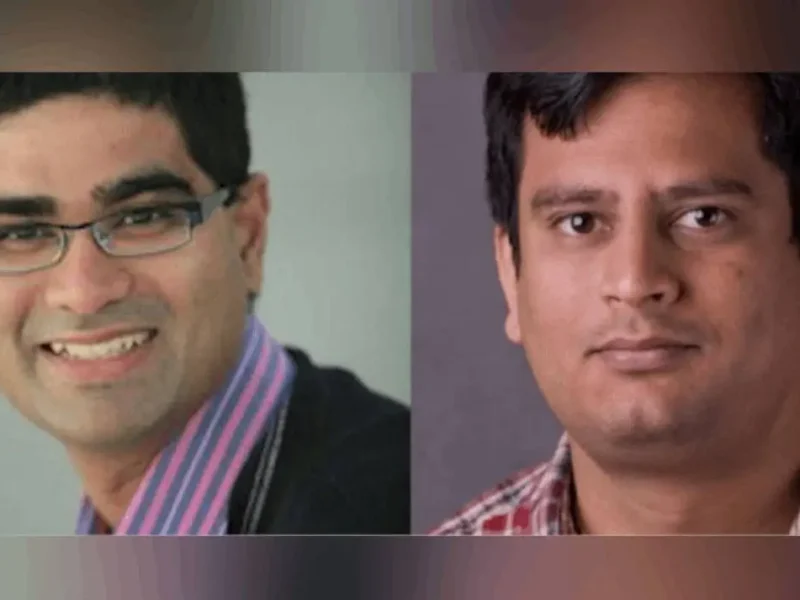
Let’s Decolonize Mental Health
By Mahtab Javed Siddiqui, Mental Health Unit, South Asian Network, Artesia, CA
As a child, I watched my mother meticulously prepare a paste of turmeric and black pepper over a hot flame. The sizzle of the paste and the aromatic scent of turmeric were overcome by the pain from my earache. I stood there bewildered, wondering why I had to eat this awful paste as opposed to the grape-flavored syrup from the pharmacy.
As my young mind grappled with the difference, little did I realize that this simple scene encapsulated a profound clash of healing traditions—pitting the rooted wisdom of South Asian remedies against the pervasive influence of Western medicine. Growing up in a household bridging these diverse approaches to wellness, I often swayed between their allure and perplexity, setting the stage for a lifelong journey of understanding the intricate interplay between reclaiming our ancestral healing and decolonizing wellness.
This seemingly mundane scene reflects a broader narrative of decolonizing South Asian healing and wellness. It invites us to embark on a profound journey of acknowledging, reclaiming, and centering as we strive to honor the wisdom of our ancestors and reintegrate it into the tapestry of our well-being.
Though often overlooked, colonization has caused generations of harm to the South Asian Diaspora culturally, socially, economically, and politically. The impacts expand to mental wellness and traditional healing practices. Art forms such as Ayurveda and Bharatnatyam were erased, criminalized, and stigmatized under British colonialism which resulted in a separation of practices and cultural knowledge.
Decolonization transcends a mere acknowledgment of historical power dynamics and cultural context. It encompasses the imperative to disrupt the supremacy that has relegated ancestral healing practices to the periphery of modern wellness discourse. Reclaiming these traditions involves not only asserting our agency but also challenging the appropriation and distortion of our remedies in the name of “wellness trends.” Of the many sacred practices, Ayurvedic, Chinese, Prophetic, and other Indigenous medicines are exploited and often misused for capitalistic gains and setting trends. The reclamation of these practices is an act of resistance, a call to action that seeks to preserve the authenticity of our cultural heritage. We are the experts. We have lived experiences.
Recognizing the expertise embedded in our lived experiences, it becomes imperative to seek therapists who honor cultural humility and competency. Our journeys, deeply woven into the fabric of our cultural heritage, equip us with a nuanced understanding of the unique challenges and sources of resilience within our communities. Culturally competent therapists not only validate our experiences but also facilitate a healing journey that acknowledges and integrates the cultural nuances that shape our well-being.
Furthermore, the process of decolonizing South Asian healing necessitates a fundamental shift in our approach to mental health. It calls us to center community healing through forms sacred to our communities such as the art of storytelling and narrative therapy and urging us to move away from western individualism. Western therapy models encourage individualism and work against the collective values of many cultures. The collective wisdom embedded in our stories, folklore, and communal practices serves as an antidote to the isolation and alienation perpetuated by Western ideology of mental wellness. By honoring these elements, we pave the way for a more inclusive and empathetic approach to holistic well-being that fosters interconnectedness and resilience.
In essence, the decolonization of South Asian healing and mental health is an invitation to a journey that transcends & liberates us from the boundaries of time and space, enriching our understanding of holistic well-being and affirming the enduring legacy of our heritage—a journey that invites us to embrace the wisdom of our ancestors and reimagine wellness as a collective endeavor rooted in our cultural history and resilience.–




